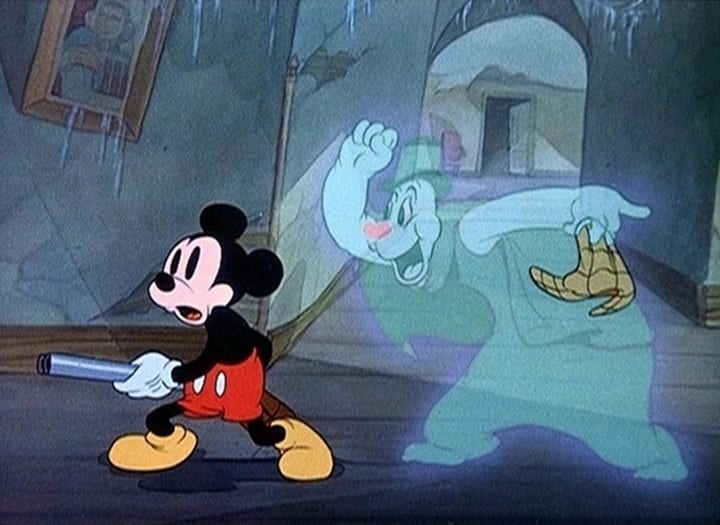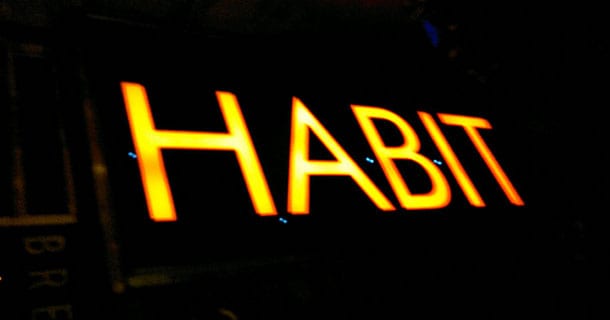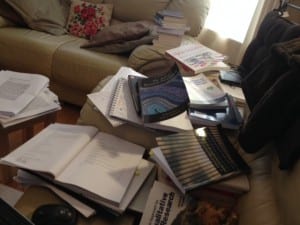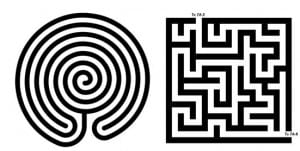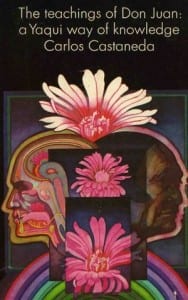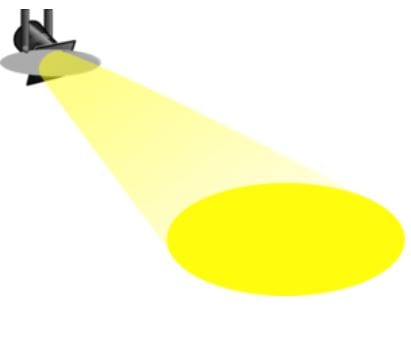 Accessibility is no longer backstage but now waiting in the wings. It can’t be long before inclusive practice steps centre stage under the spotlight. The DSA is changing and the government says it expects higher education institutions to cover additional costs through their duty to make reasonable adjustments.
Accessibility is no longer backstage but now waiting in the wings. It can’t be long before inclusive practice steps centre stage under the spotlight. The DSA is changing and the government says it expects higher education institutions to cover additional costs through their duty to make reasonable adjustments.
These are interesting times. The soapbox is out from the corner, getting dusted down, ready for action.
In 2000, the Sydney Organising Committee for the Olympic Games (SOCOG) was taken to court for failing to make its website accessible to people with sight loss on three grounds; lack of ALT text associated with images, lack of alternative text for image maps and the use of JavaScript for navigation.
Some vision-impaired users could not access ticketing information, event schedules or postings of event results and SOCOG was found to have acted in a discriminatory and unlawful manner. http://itd.athenpro.org/volume9/number2/arch.html
No cases have reached court in the UK. When the RNIB served BMIBaby with legal papers in 2010 for failing to ensure its website could be used by blind and partially sighted users they settled out of court. It’s hard to find any mention on the internet of the time Tesco took down its accessible website overnight, excluding those were homebound and dependent on shopping online. The general view is a successful court case is required to set the precedent. Until then it’s business as inaccessibly usual. But the situation might be turning.
A week ago, ‘Advocates for the deaf on Thursday filed federal lawsuits against Harvard and M.I.T. saying both universities violated antidiscrimination laws by failing to provide closed captioning in their online lectures, courses, podcasts and other educational materials.’ http://www.nytimes.com/2015/02/13/education/harvard-and-mit-sued-over-failing-to-caption-online-courses.html?_r=0
At the same time, in the UK, the Irwin Mitchell law firm is seeking permission for a Judicial Review of the proposals by the Secretary of State for Business, Innovation and Skills (BIS) to limit the support offered by the DSA on behalf of two students, one is hearing impaired and hoping to begin university in September 2015 and a current student with autism, who receives DSA and claims be able to provide ‘invaluable information to the Secretary of State about the impact of changing DSA on disabled students’. Both claim students themselves should have been consulted about the changes while Secretary of State Vince Cable has said he has “no such duty to consult individuals” even though they will be directly affected. http://www.bataonline.org/news-events/Legal-challenge-to-DSA-cut-backs
There is renewed interest in the provision of digital information. The proposed changes to the DSA offers opportunities to revisit the arguments for inclusive practice. It may be enforced compliance with the law rather than being adopted voluntarily but sometimes the means is worth the ends and digital inclusion is worth it – isn’t it?

